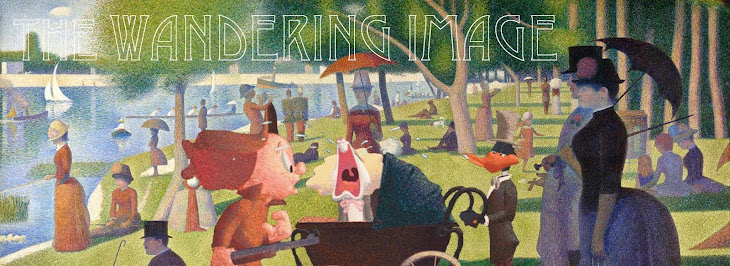by Allison Preston
The word denouement means "the final resolution of the intricacies of a plot, as of a drama or novel." It is a French word that literally means "an untying." I kept thinking of this word in the final act of BLACK SWAN, but I thought of the word as meaning "unraveling," because that is precisely what happens to Nina. Nobody does unraveling, or denouement, quite like Aronofsky. The resolution of his films (or at least of the ones I've seen: PI, REQUIEM FOR A DREAM, and this) always comes with the complete mental and emotional unraveling of his protagonists. And he submerges the viewers so completely in that unraveling, drawing them in by degrees, showing his protagonists' good intentions and vulnerability, and finally hitting the viewers hard with the violent, mind-bending, inevitable heartbreak that comes in the end.
I loved so many things about this film. The abundance of mirrors is appropriate, as they are ever present in dance studios, and Aronofsky brilliantly uses them as a way to visually convey how Nina feels constantly exposed. There is no angle that she is allowed to keep to herself. The prismatic mirror at the entrance of her apartment shows that even her home is not private, as her mother constantly pushes her way into Nina's space. Notice the expressive fable-like use of black and white costumes and the way they chart Nina's transition from innocence (always in white at the beginning) to evil (beginning to wear gray, and eventually wearing black by the end). All of the negative characters in the film who put pressure on Nina in her transition wear black from beginning to end: her mother, Tomas, Lily, and Beth. It's made pretty obvious when Lily hands her a black leotard to change into when they go out together.
This was certainly one of the most unique and vivid films of 2010. Simply brilliant.


No comments:
Post a Comment